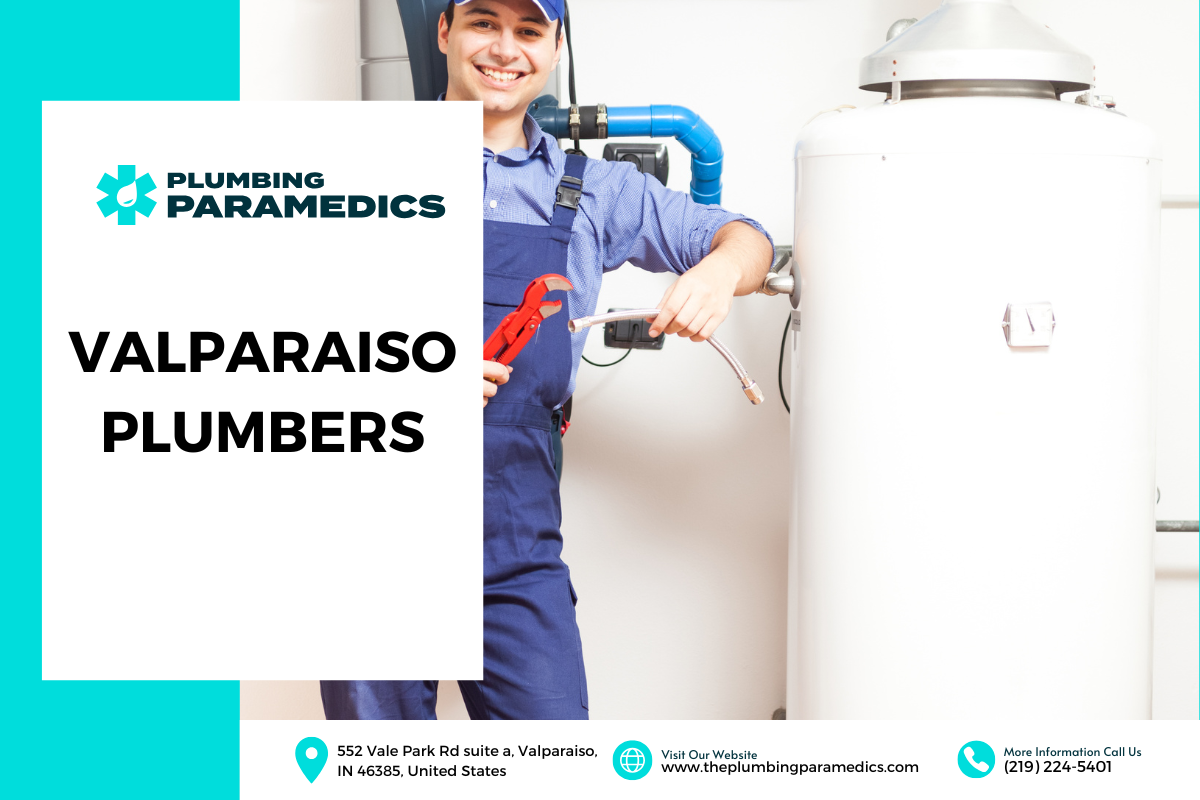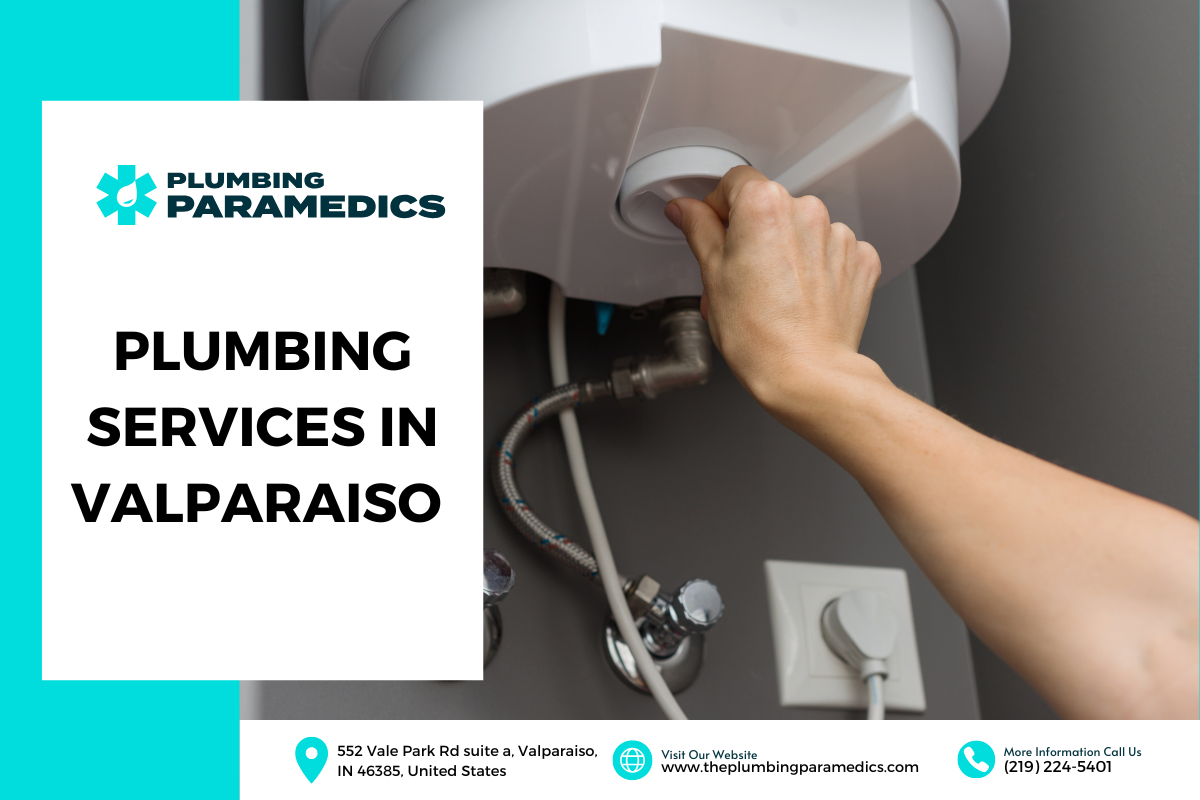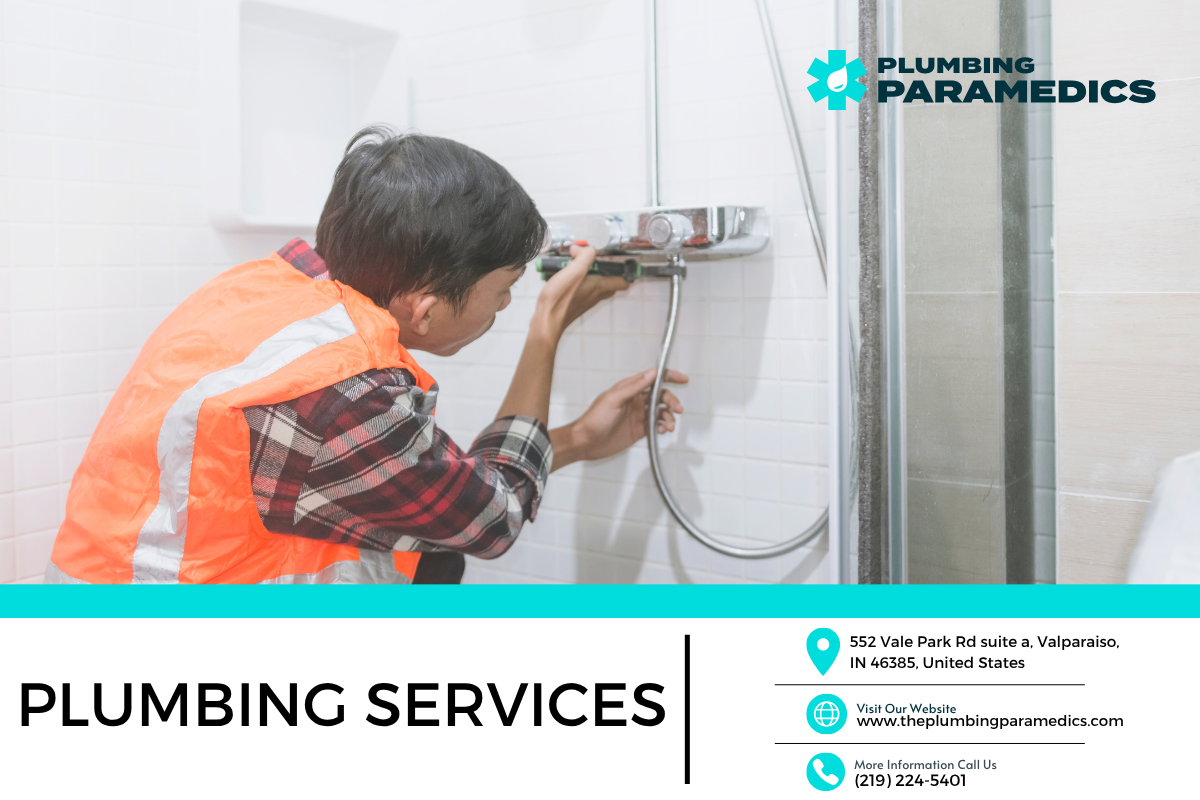


Introduction
When it comes to hot water systems, homeowners are often faced with the critical decision of choosing between tankless and traditional water heaters. This choice can have significant implications for energy efficiency, cost, and overall performance. As plumbing professionals serving Valparaiso and its surrounding areas, we’ve gathered valuable insights from experienced plumbers to help you make an informed decision. In this comprehensive article, we will explore the intricacies of both systems, providing you with everything you need to know about tankless and traditional water heaters.
Choosing Between Tankless and Traditional Water Heaters: Insights from Plumbers
What Are Traditional Water Heaters?
Traditional water heaters, also known as storage water heaters, have been the go-to option for many households for decades. These units store a specific amount of hot water in a tank, typically ranging from 20 to 80 gallons.
How Do Traditional Water Heaters Work?
The functioning mechanism is straightforward:
Heating Element Activation: When hot water is drawn from the faucet, cold water enters the tank. Heat Transfer: The heating element—usually electric or gas—activates to warm the incoming cold water. Storage: The unit continuously keeps the stored water heated until needed.This method ensures a steady supply of hot water but can lead to higher energy costs due to constant heating.
What Are Tankless Water Heaters?
Tankless water heaters offer a modern alternative to traditional models by heating water on demand without storing it in a tank.
How Do Tankless Water Heaters Work?
Here's how these innovative systems operate:
Demand Activation: When a tap is turned on, cold water flows through the unit. Instant Heating: A gas burner or electric element heats the water as it passes through. Continuous Supply: Since there is no tank involved, users can enjoy an endless flow of hot water.While this sounds appealing, it's essential to assess whether a tankless system fits your household’s needs.
Efficiency Comparison: Tankless vs. Traditional
Energy Efficiency
- Tankless Units: These systems are generally more energy-efficient since they only heat water when necessary. Traditional Units: They can be less efficient due to standby heat loss—the heat lost when hot water sits in storage.
Cost Considerations
Installation Costs
- Traditional Water Heater Installation: Typically ranges between $800 - $1,500 (including labor). Tankless Water Heater Installation: Usually higher at $1,000 - $3,000 due to complex installation requirements.
Operating Costs Over Time
- Consider that tankless models can save up to 30% in energy costs annually compared to traditional models.
Space Requirements for Installation
Size of Units
- Traditional Water Heaters require significant floor space due to their bulky tanks. Tankless Models are compact and can be mounted on walls—ideal for small spaces.
Lifespan and Maintenance Needs
Longevity of Each System
Generally speaking:
- A traditional heater lasts about 10–15 years. A tankless system can operate effectively for over 20 years with proper maintenance.
Maintenance Aspects
Regular maintenance tasks include flushing the tank for sediment buildup in traditional models and descaling tankless units periodically.
Hot Water Supply Limitations
One major factor in choosing between these two https://maps.google.com/maps?ll=41.494894,-87.066999&z=16&t=m&hl=en&gl=US&mapclient=embed&cid=16815113166810695793 types involves understanding their hot water delivery capabilities:
- Traditional units may run out of hot water during peak usage times. Conversely, while tankless models provide unlimited hot water, they may struggle if multiple outlets are used simultaneously unless sized correctly for your home’s demand.
Insights from Local Plumbers
Local plumbers in Valparaiso emphasize several key points when advising clients on this choice:
Assess your family’s size and hot-water consumption patterns. Consider future needs—will your household expand? Evaluate initial investment versus long-term savings potential.FAQs About Choosing Between Tankless and Traditional Water Heaters
What is the average lifespan of each type?
Traditional units last around 10–15 years, while tankless models often exceed 20 years.
Are there any rebates available for installing energy-efficient heaters?
Yes! Many local utilities offer rebates for high-efficiency appliances—check with your plumbing company in Valparaiso.
Can I install a tankless heater myself?
While DIY installations are possible for handy individuals, hiring professional plumbers is advisable for safety and compliance with local codes.
What if I need more hot water than my current system provides?
You may need either a larger traditional unit or multiple smaller tankless systems strategically placed throughout your home.
How much do I save annually with a tankless system?
On average, homeowners report savings of about 30% on their energy bills with properly sized tankless systems.
Is one type better than the other?
It depends on individual needs; consider factors like budget constraints, space availability, and personal preferences when deciding.
Conclusion
Choosing between tankless and traditional water heaters requires careful consideration of various factors such as efficiency, cost-effectiveness, space requirements, lifespan, and maintenance needs. Engaging professional plumbing services ensures you receive tailored advice based on your unique situation—a critical step toward achieving optimal satisfaction with your choice. Whether you're searching for "plumber near me" or specifically "Valparaiso plumbers," consulting knowledgeable experts will guide you toward making an informed decision that meets both immediate needs and long-term goals.
By understanding both systems thoroughly—alongside insights from seasoned plumbers—you'll be well-equipped to choose wisely between these popular options available today.